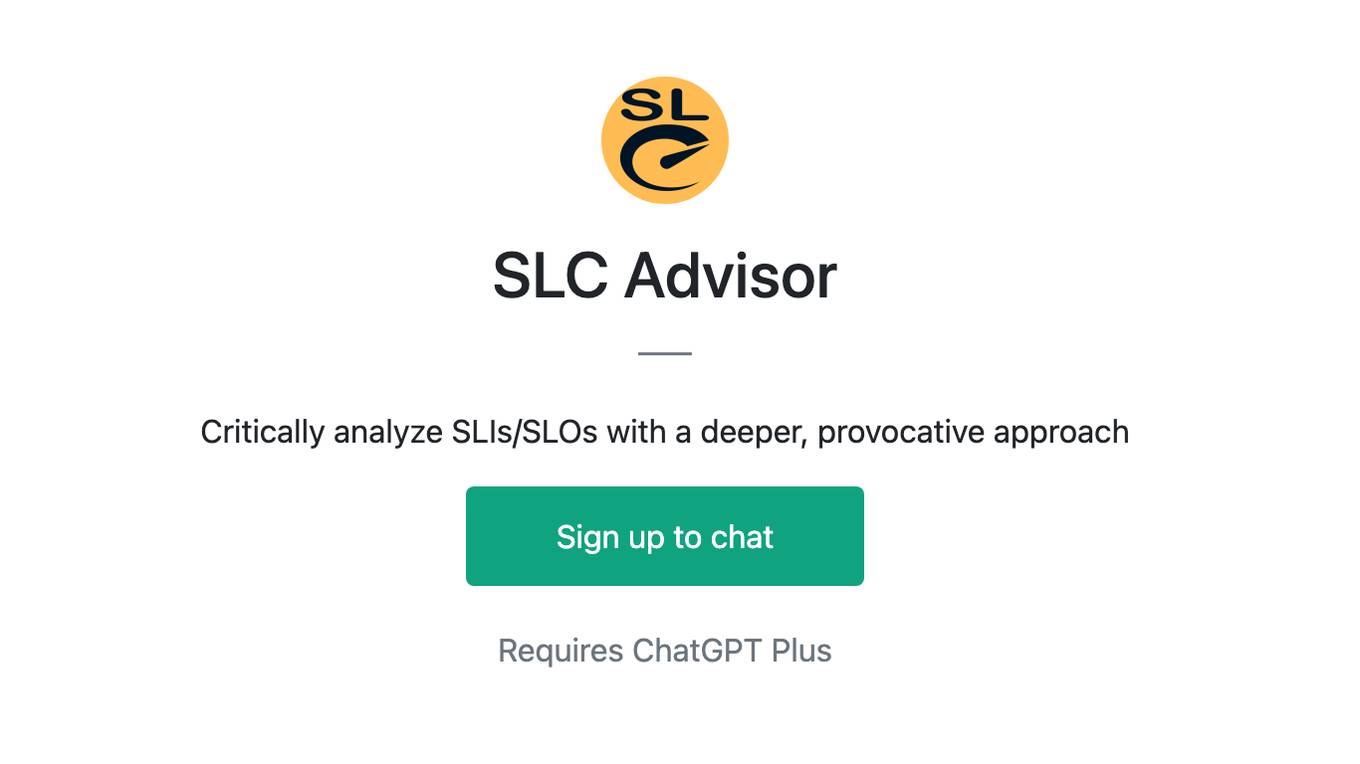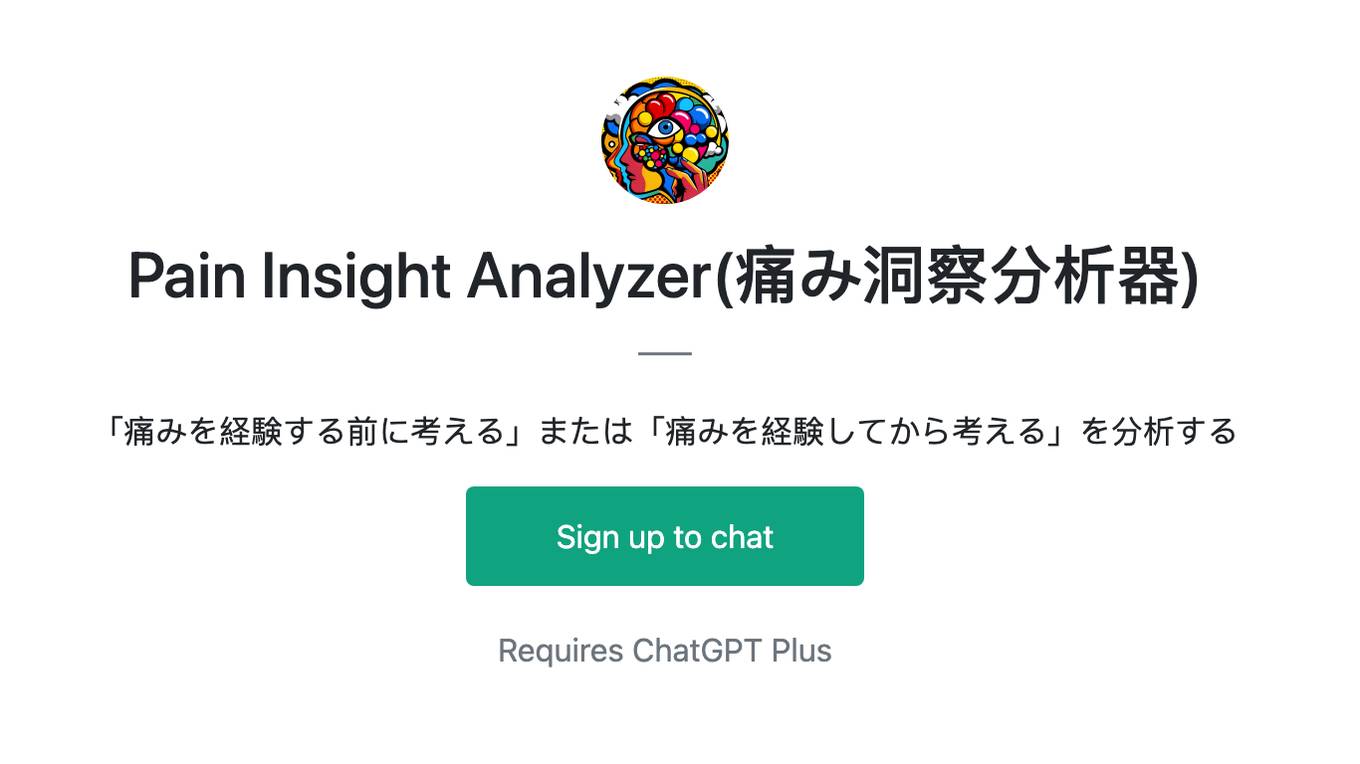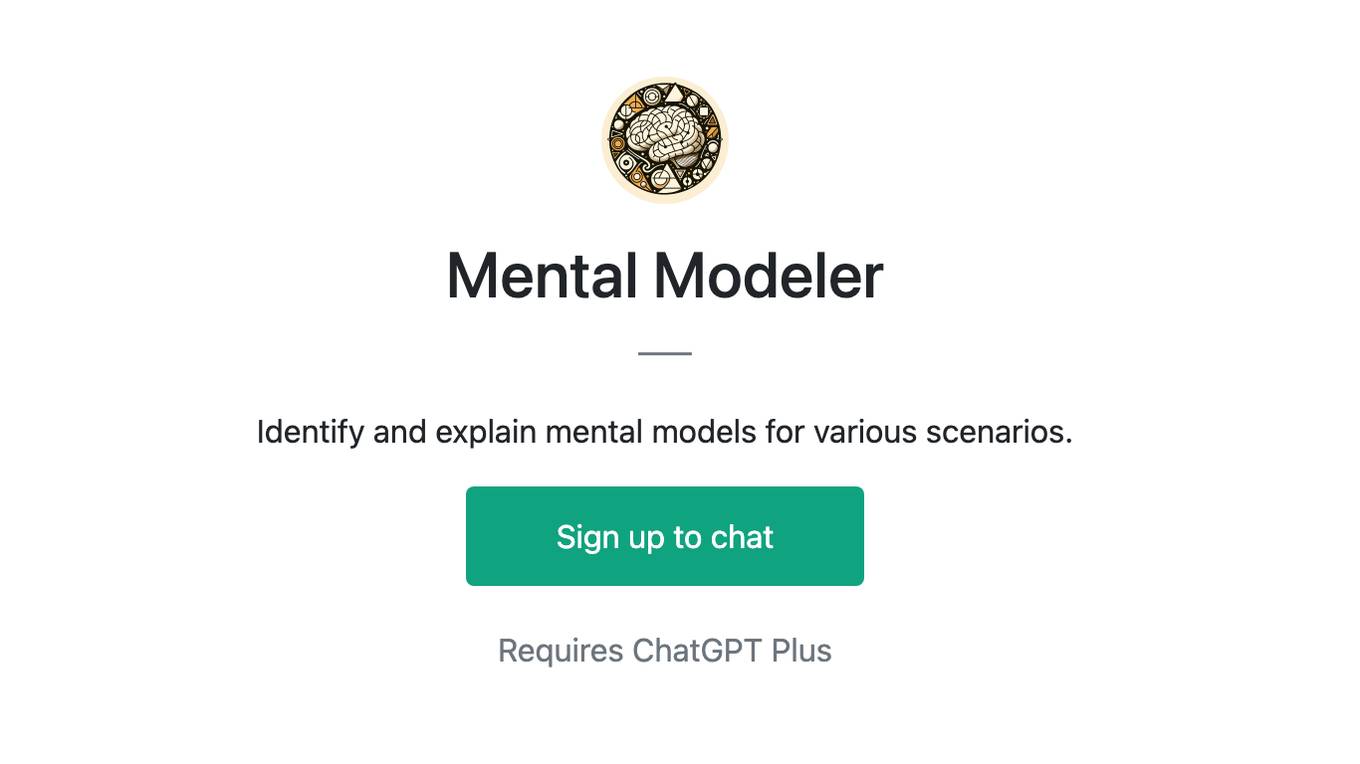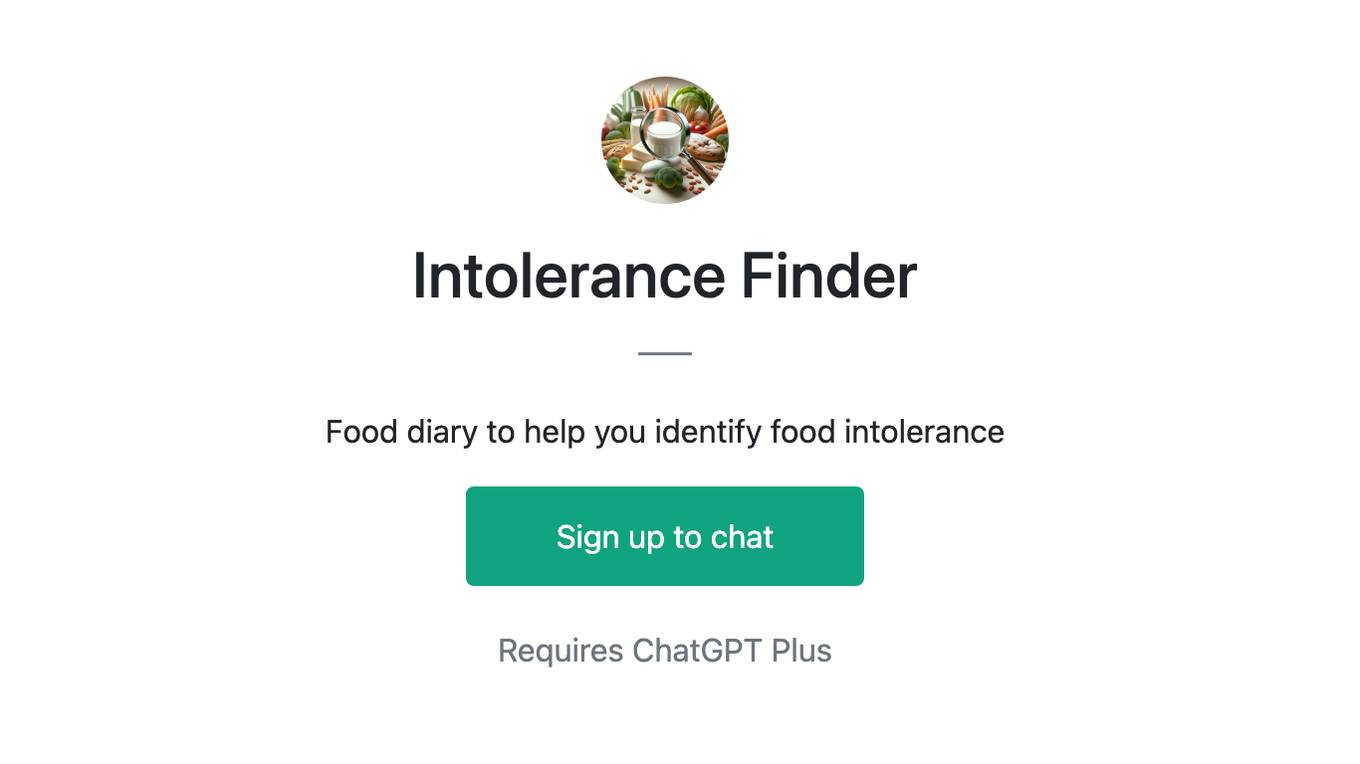Best AI tools for< Identify Clauses >
20 - AI tool Sites
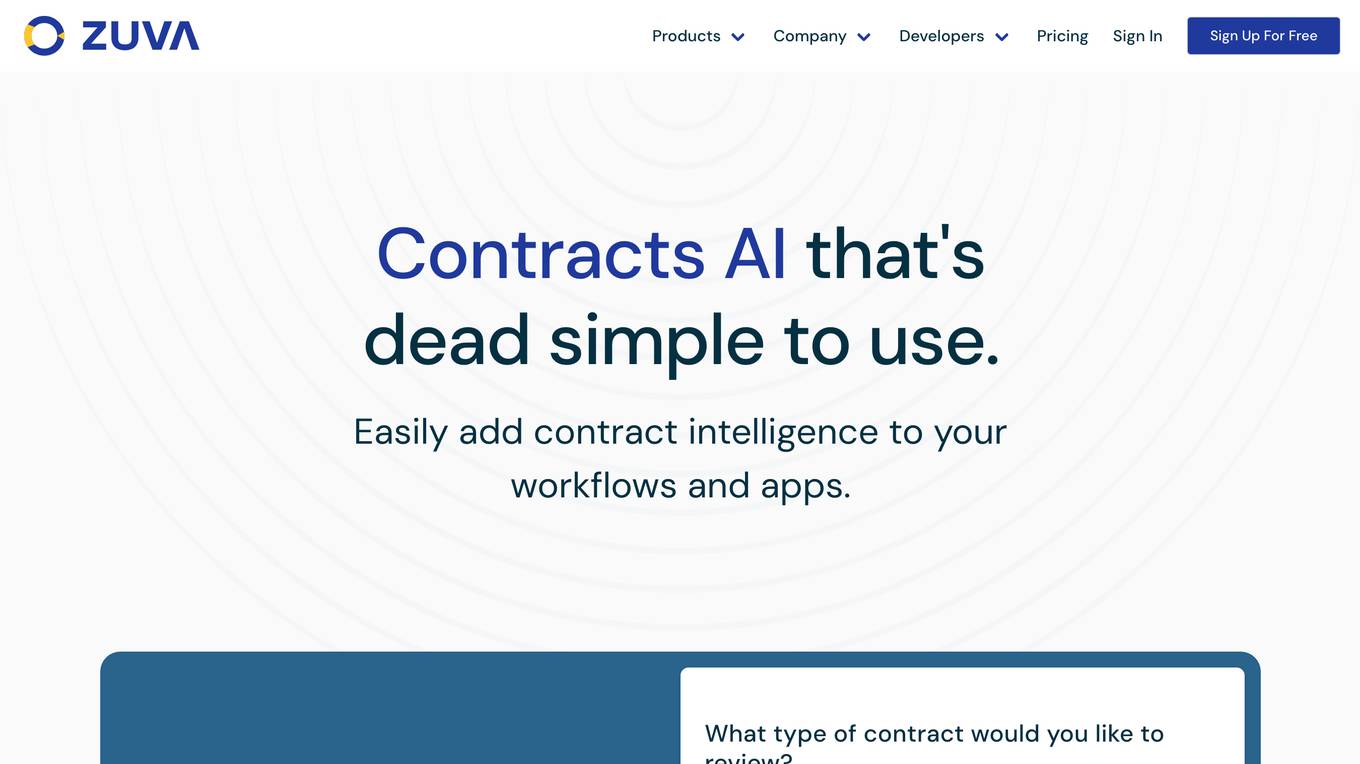
DocAI
DocAI is an API-driven platform that enables you to implement contracts AI into your applications, without requiring development from the ground-up. Our AI identifies and extracts 1,300+ common legal clauses, provisions and data points from a variety of document types. Our AI is a low-code experience for all. Easily train new fields without the need for a data scientist. All you need is subject matter expertise. Flexible and scalable. Flexible deployment options in the Zuva hosted cloud or on prem, across multiple geographical regions. Reliable, expert-built AI our customers can trust. Over 1,300+ out of the box AI fields that are built and trained by experienced lawyers and subject matter experts. Fields identify and extract common legal clauses, provisions and data points from unstructured documents and contracts, including ones written in non-standard language.
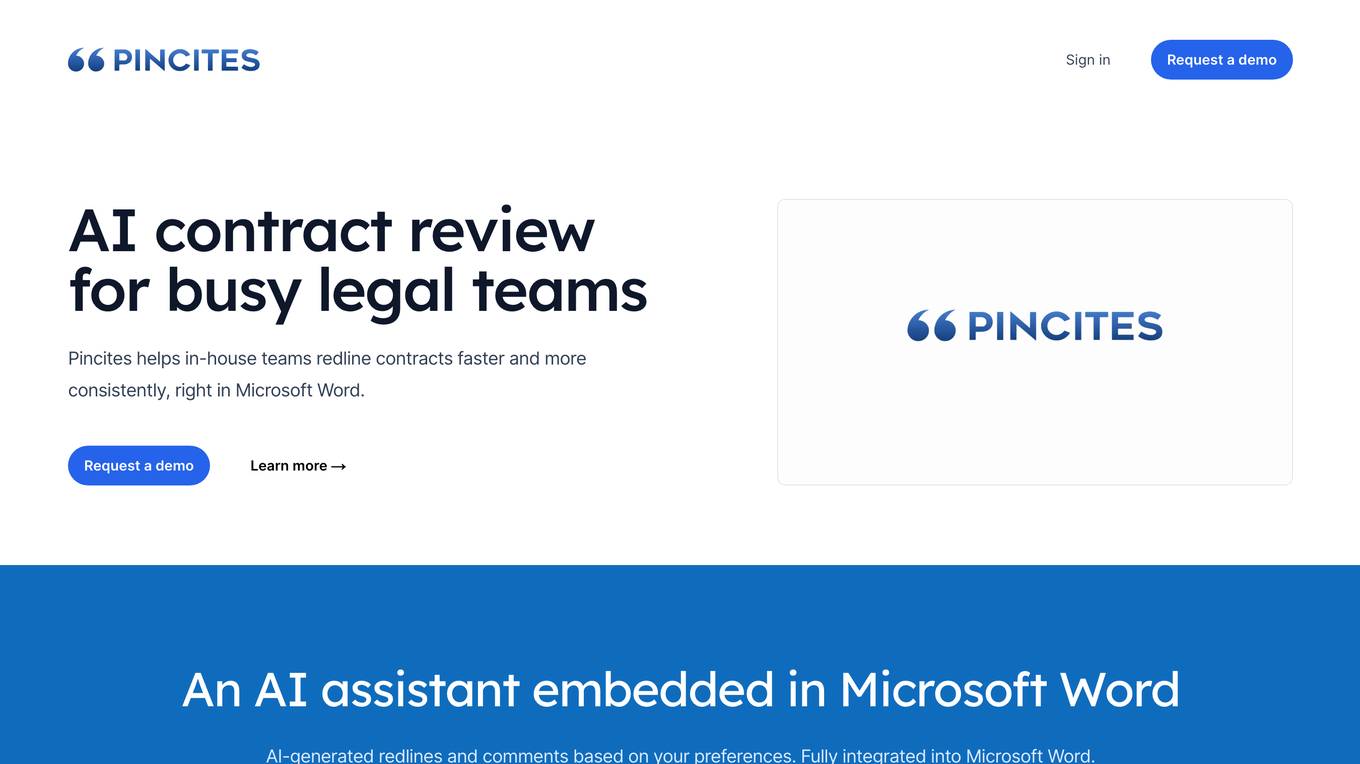
Pincites
Pincites is an AI contract review tool designed for busy legal teams to streamline the contract review process. It offers automated redlining, suggestions, and trend analysis within Microsoft Word, helping legal professionals negotiate contracts faster and more efficiently. Pincites leverages AI to provide real-time feedback, learn user preferences, and identify patterns in contracts to enhance negotiation strategies.
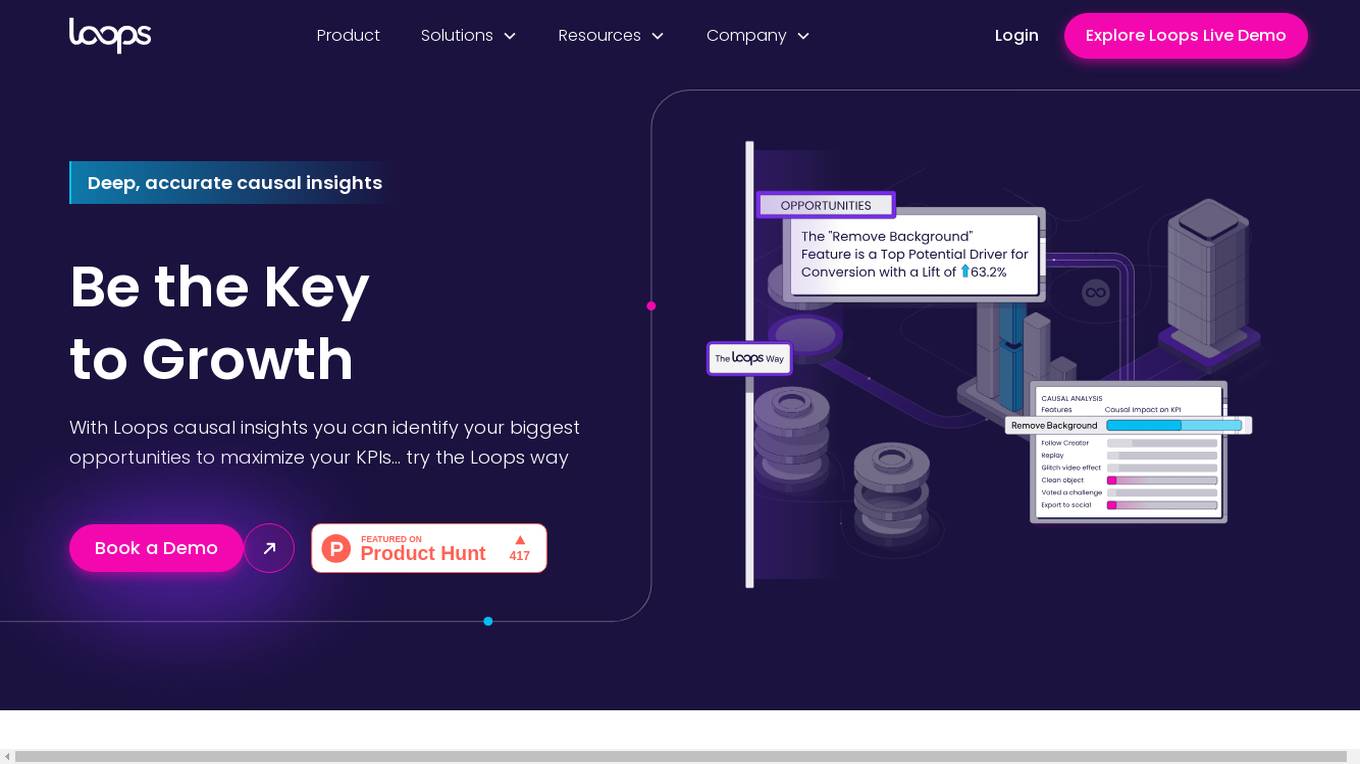
Loops
Loops is an AI tool that empowers data analysts and product managers to make informed decisions based on deep, accurate causal insights. It leverages proprietary causal inference models to identify opportunities for maximizing key performance indicators (KPIs) without the need for traditional A/B testing. By analyzing user behaviors and business metrics, Loops helps companies prioritize efforts efficiently and proactively review impactful opportunities. The tool simplifies the process of understanding causality, providing actionable insights for product teams to drive growth and increase KPIs.
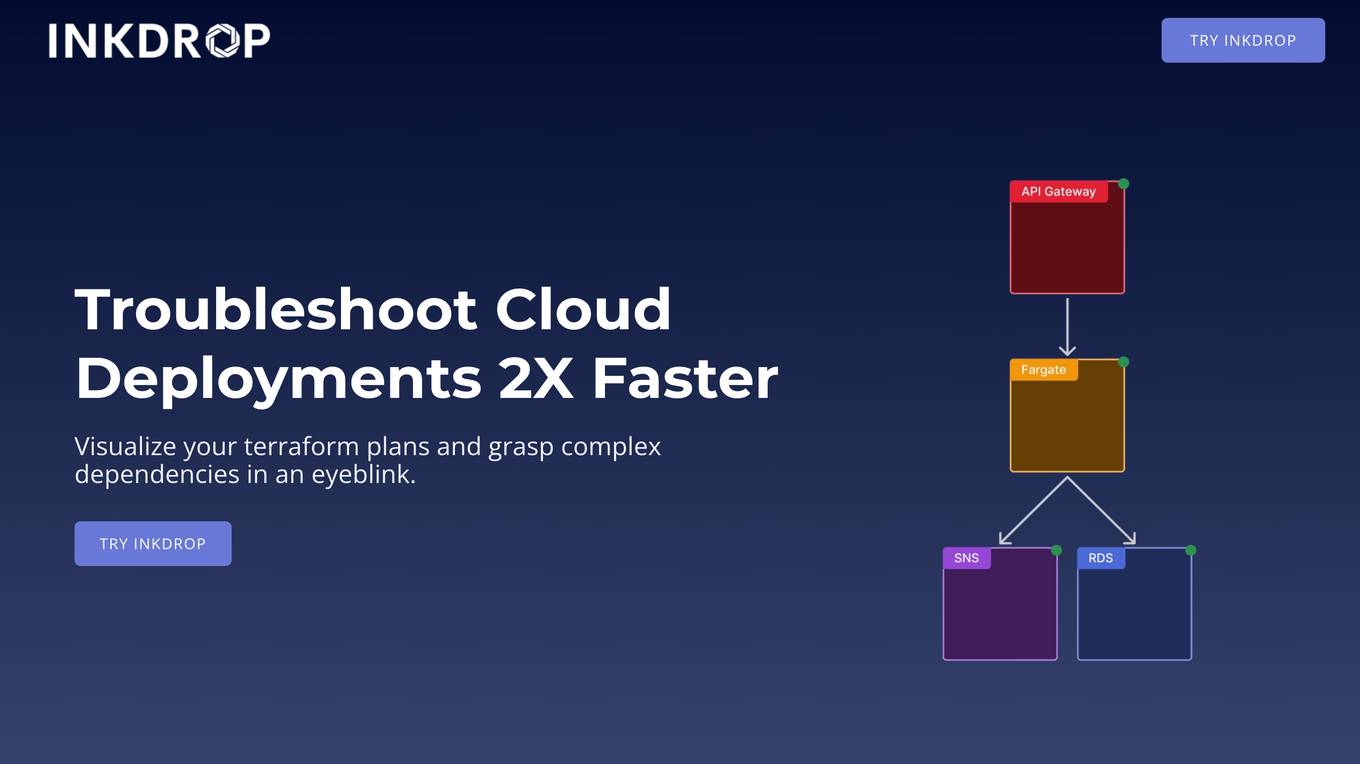
Error Resolver
The website encountered an internal server error, resulting in a 500 Internal Server Error message. This error typically occurs due to server misconfiguration or internal server issues. Users are advised to contact the server administrator at [email protected] to report the error along with details of the actions performed prior to the error. Additional information about the error may be found in the server error log.
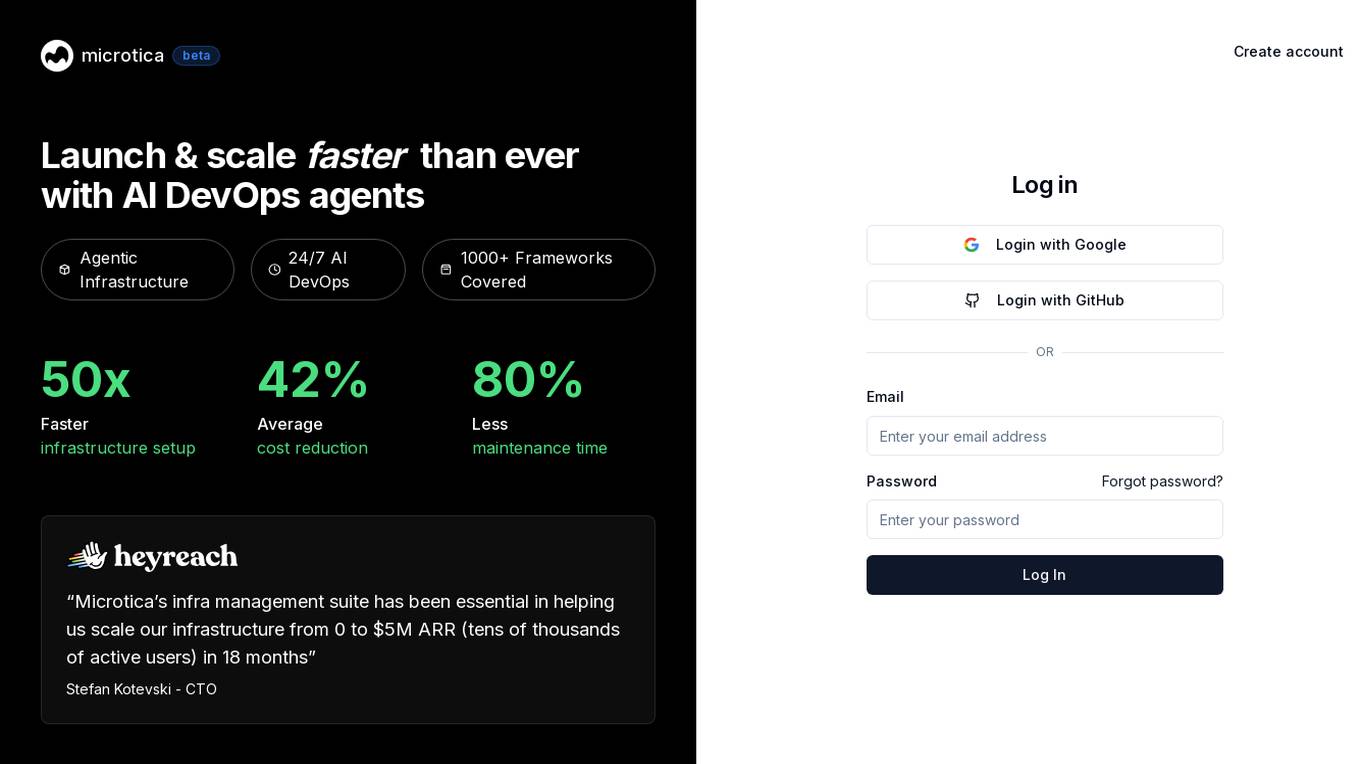
Microtica AI Deployment Tool
Microtica AI Deployment Tool is an advanced platform that leverages artificial intelligence to streamline the deployment process of cloud infrastructure. The tool offers features such as incident investigation with AI assistance, designing and deploying cloud infrastructure using natural language, and automated deployments. With Microtica, users can easily analyze logs, metrics, and system state to identify root causes and solutions, as well as get infrastructure-as-code and architecture diagrams. The platform aims to simplify the deployment process and enhance productivity by integrating AI capabilities into the workflow.
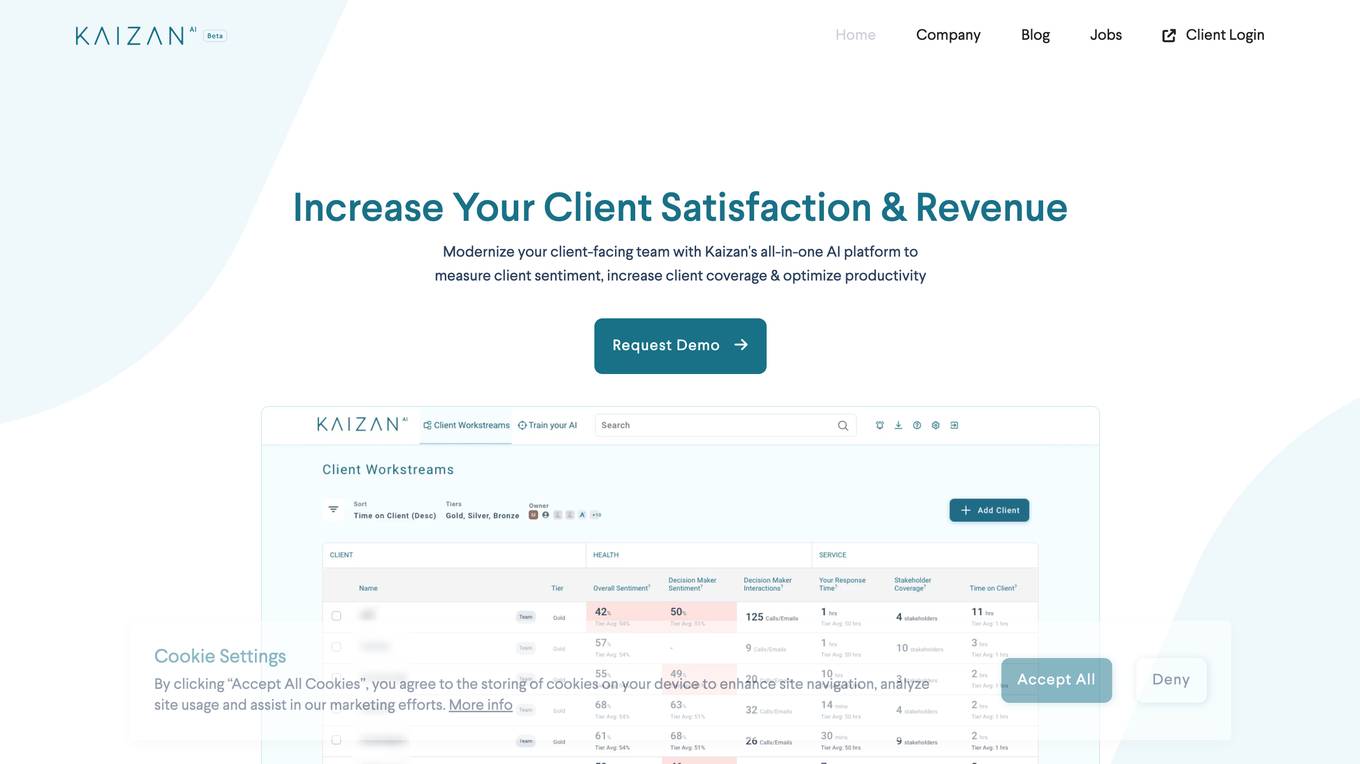
Kaizan
Kaizan is an all-in-one AI platform that helps businesses measure client sentiment, increase client coverage, and optimize productivity. It uses AI to analyze client communication and identify the root causes affecting clients from renewing and scaling. Kaizan also provides AI-generated client development plans that help businesses close more deals and increase revenue.
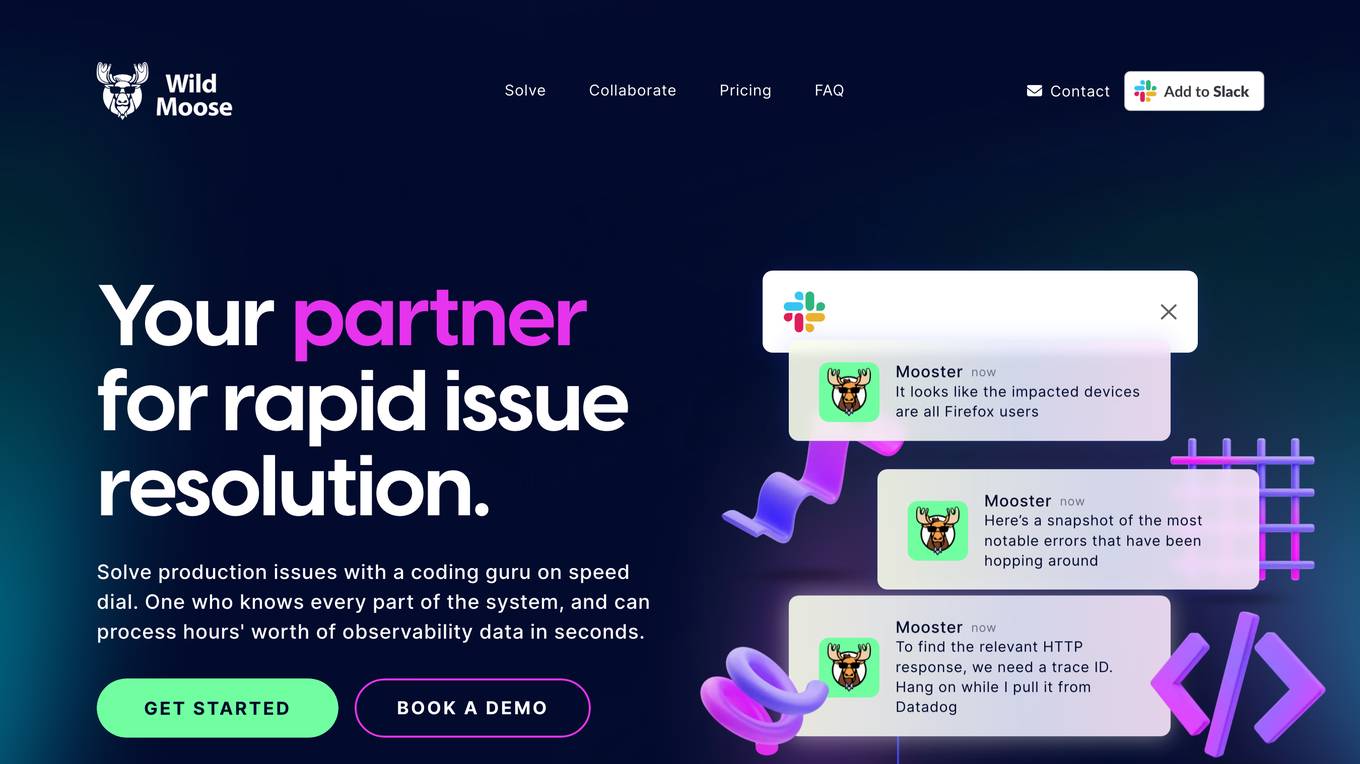
Wild Moose
Wild Moose is an AI-powered SRE Copilot tool designed to help companies handle incidents efficiently. It offers fast and efficient root cause analysis that improves with every incident by automatically gathering and analyzing logs, metrics, and code to pinpoint root causes. The tool converts tribal knowledge into custom playbooks, constantly improves performance with a system model that learns from each incident, and integrates seamlessly with various observability tools and deployment platforms. Wild Moose reduces cognitive load on teams, automates routine tasks, and provides actionable insights in real-time, enabling teams to act fast during outages.
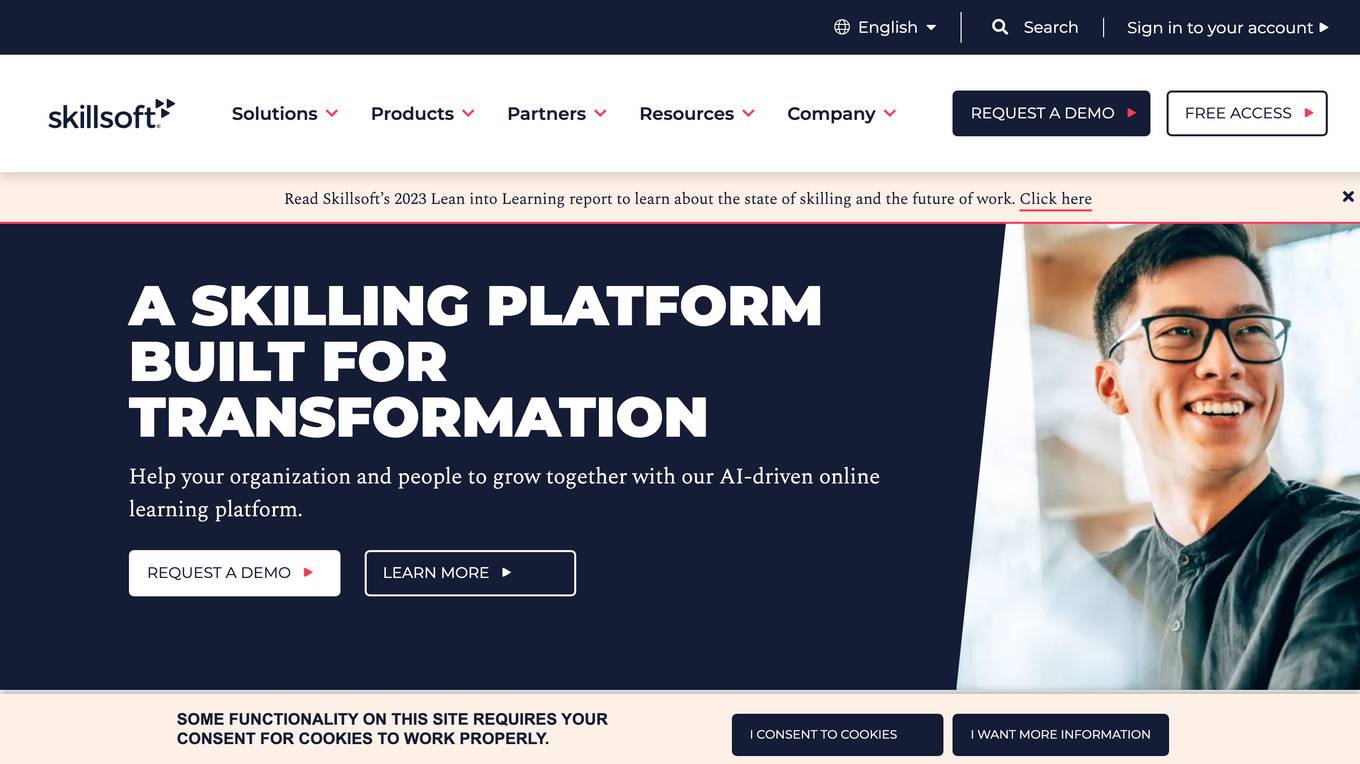
Skillsoft Percipio
Skillsoft Percipio is an AI-driven online learning platform that helps organizations identify and measure skill proficiencies to ensure their workforce stays relevant. The platform makes skilling personalized and accessible, offering a blend of self-paced online courses, hands-on practice, virtual live online classes, compliance courses, and coaching to close skill gaps and mitigate risk. And it’s available anytime, anywhere, on any device.

DeltaGen
DeltaGen is an AI-powered win-loss analysis tool that combines artificial intelligence and human expertise to provide precise and unbiased insights directly from buyers. By leveraging technology, approach, and expertise, DeltaGen helps organizations quickly make informed decisions, drive higher win rates, and unlock growth. The platform offers real-time win-loss analysis at scale, empowering teams to identify strengths and weaknesses, keep a pulse on customers' needs, and improve sales performance.

Internal Server Error
The website encountered an internal server error, resulting in a 500 Internal Server Error message. This error indicates that the server faced an issue preventing it from fulfilling the request. Possible causes include server overload or errors within the application.

Iodine Software
Iodine Software is a healthcare technology company that provides AI-enabled solutions for revenue cycle management, clinical documentation integrity, and utilization management. The company's flagship product, AwareCDI, is a suite of solutions that addresses the root causes of mid-cycle revenue leakage from admission through post-billing review. AwareCDI uses Iodine's CognitiveML AI engine to spot what is missing in patient documentation based on clinical evidence. This enables healthcare organizations to maximize documentation integrity and revenue capture. Iodine Software also offers AwareUM, a continuous, intelligent prioritization solution for peak UM performance.
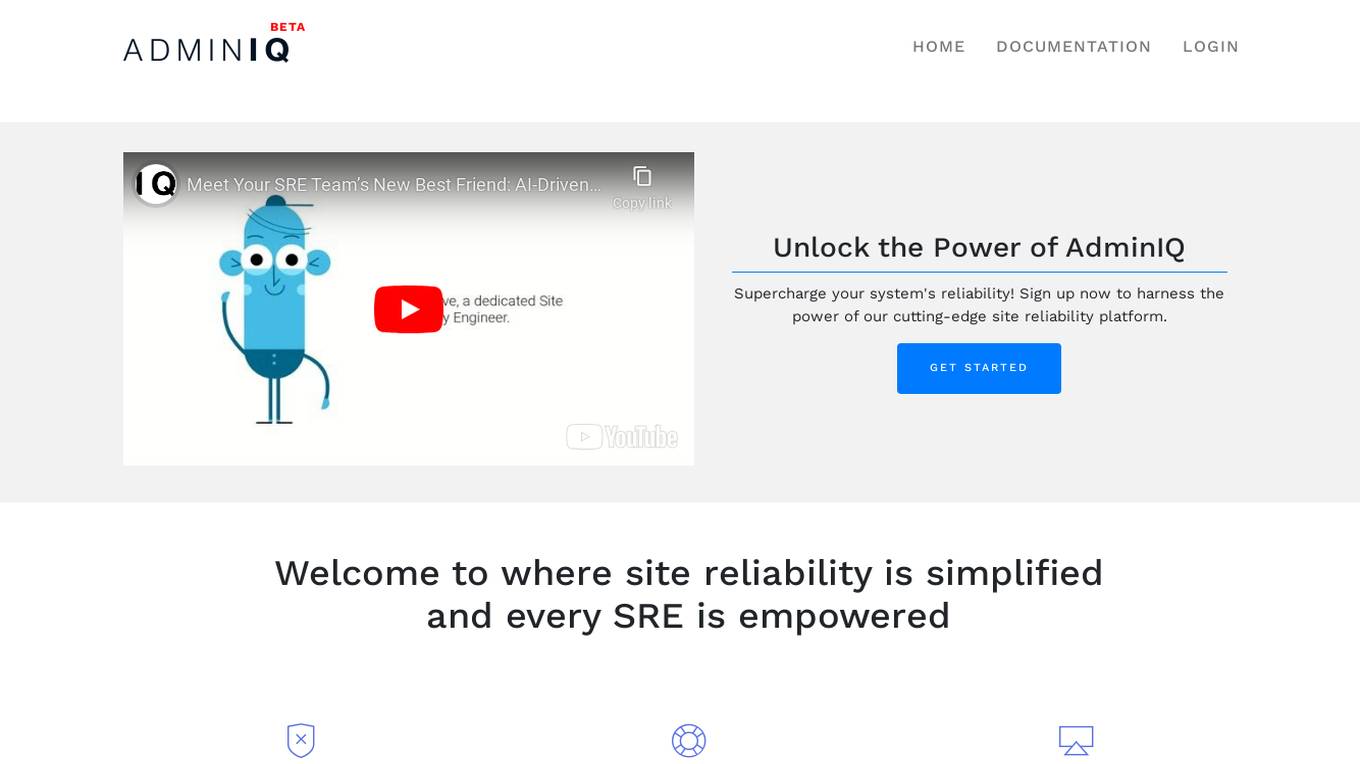
AdminIQ
AdminIQ is an AI-powered site reliability platform that helps businesses improve the reliability and performance of their websites and applications. It uses machine learning to analyze data from various sources, including application logs, metrics, and user behavior, to identify and resolve issues before they impact users. AdminIQ also provides a suite of tools to help businesses automate their site reliability processes, such as incident management, change management, and performance monitoring.
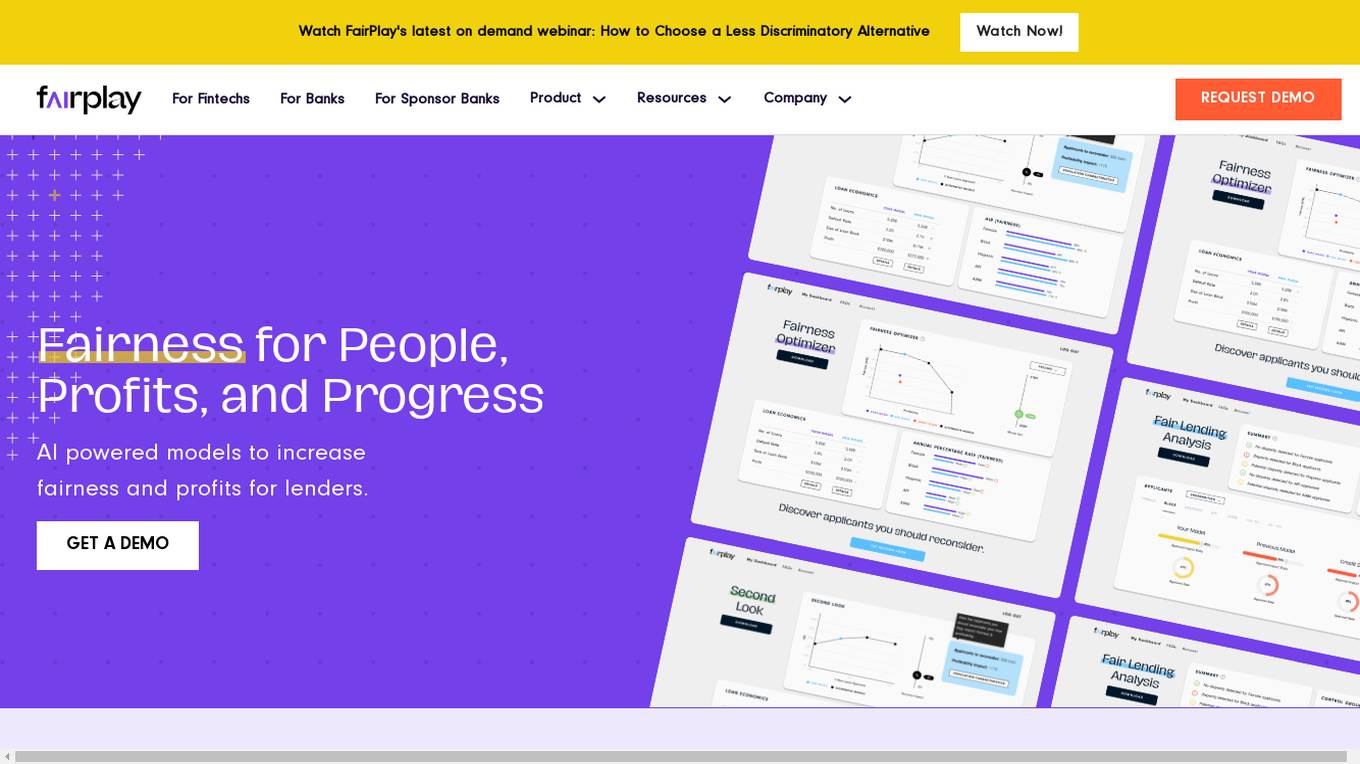
FairPlay
FairPlay is a Fairness-as-a-Service solution designed for financial institutions, offering AI-powered tools to assess automated decisioning models quickly. It helps in increasing fairness and profits by optimizing marketing, underwriting, and pricing strategies. The application provides features such as Fairness Optimizer, Second Look, Customer Composition, Redline Status, and Proxy Detection. FairPlay enables users to identify and overcome tradeoffs between performance and disparity, assess geographic fairness, de-bias proxies for protected classes, and tune models to reduce disparities without increasing risk. It offers advantages like increased compliance, speed, and readiness through automation, higher approval rates with no increase in risk, and rigorous Fair Lending analysis for sponsor banks and regulators. However, some disadvantages include the need for data integration, potential bias in AI algorithms, and the requirement for technical expertise to interpret results.
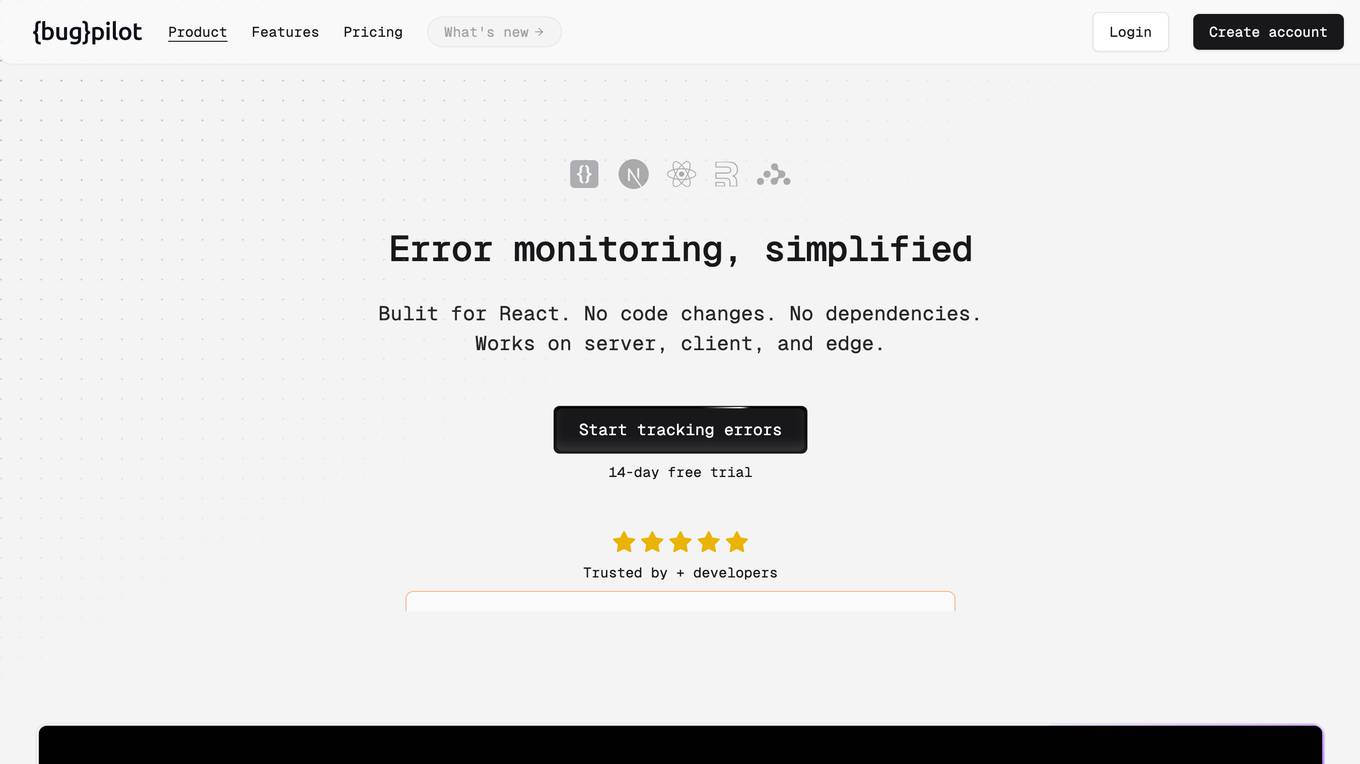
Bugpilot
Bugpilot is an error monitoring tool specifically designed for React applications. It offers a comprehensive platform for error tracking, debugging, and user communication. With Bugpilot, developers can easily integrate error tracking into their React applications without any code changes or dependencies. The tool provides a user-friendly dashboard that helps developers quickly identify and prioritize errors, understand their root causes, and plan fixes. Bugpilot also includes features such as AI-assisted debugging, session recordings, and customizable error pages to enhance the user experience and reduce support requests.

RPG AI Selfie
RPG AI Selfie is an innovative platform that transforms selfies into captivating RPG characters, offering diverse character creation options and community integration. Users can personalize their avatars with various fantasy classes, attributes, outfits, and accessories. The platform is designed for gamers and content creators, providing a cutting-edge solution to enhance character design in gaming. With a focus on user experience and community engagement, RPG AI Selfie empowers users to express their unique gaming identity and unleash their creativity.
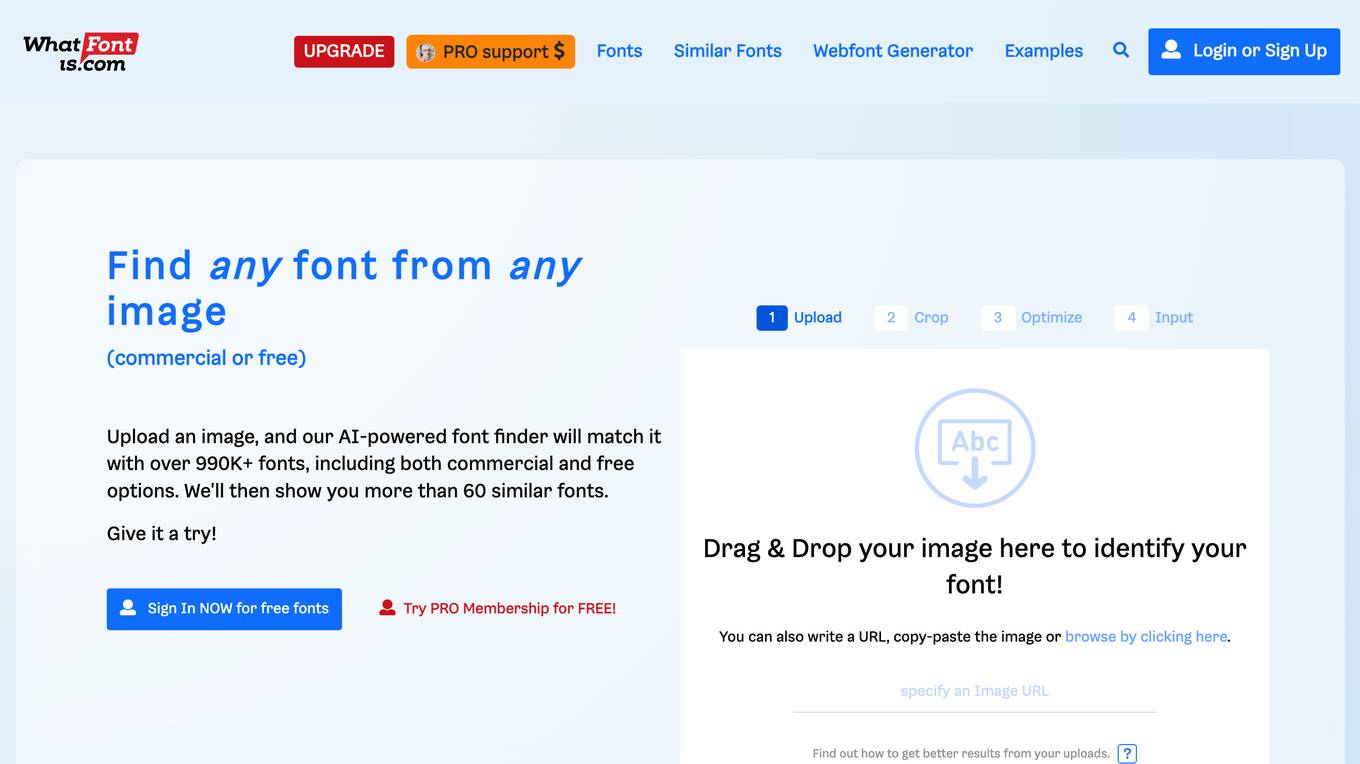
Font Finder
Font Finder by What Font Is is an AI-powered tool that allows users to identify any font from any image, whether commercial or free. Users can upload an image, and the AI-powered font finder will match it with over 990K+ fonts, including both commercial and free options. The tool then displays more than 60 similar fonts for users to explore and use. Font Finder aims to provide users with a seamless experience in identifying and choosing fonts for various design projects.

Pl@ntNet
Pl@ntNet is a citizen science project available as an application that helps you identify plants from your photos. It is a collaborative project that brings together scientists, naturalists, and citizens from all over the world to collect and share data on plant diversity. The app uses artificial intelligence to identify plants from photos, and the data collected is used to create a global database of plant diversity. Pl@ntNet is free to use and is available in over 20 languages.
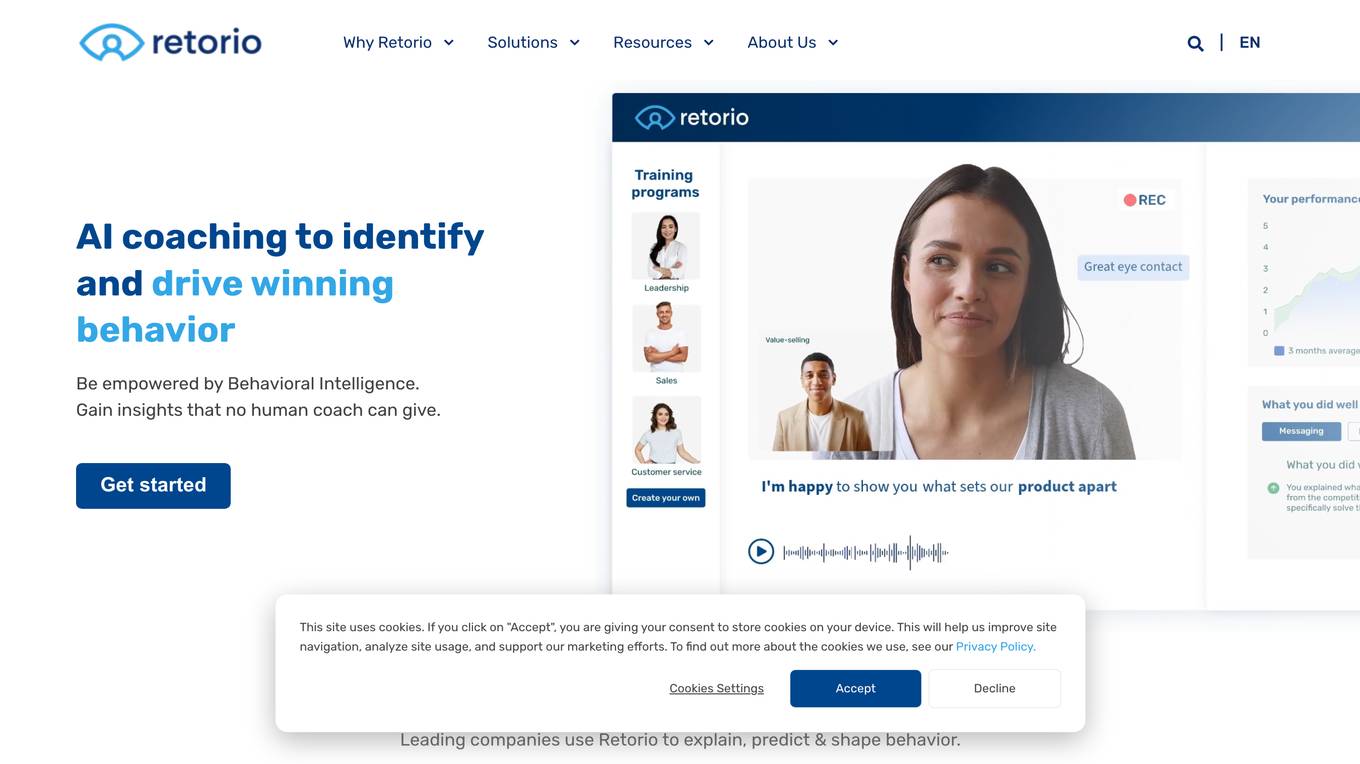
Retorio
Retorio is a cutting-edge Behavioral Intelligence (BI) Platform that fuses machine learning with scientific findings from psychology and organizational research to ultimately take learning and development to a new level within organizations. At the core of Retorio’s capabilities are its AI-powered immersive video simulations. Through these engaging role-plays, learners using Retorio get to train and develop the necessary skills through realistic scenarios. Furthermore, the personalized, on-demand feedback learners receive allows for immediate behavior change and performance improvement. Retorio’s training platform transcends the limitation of scalability and redefines how individuals and teams train and develop, bringing talent development to a new dimension.
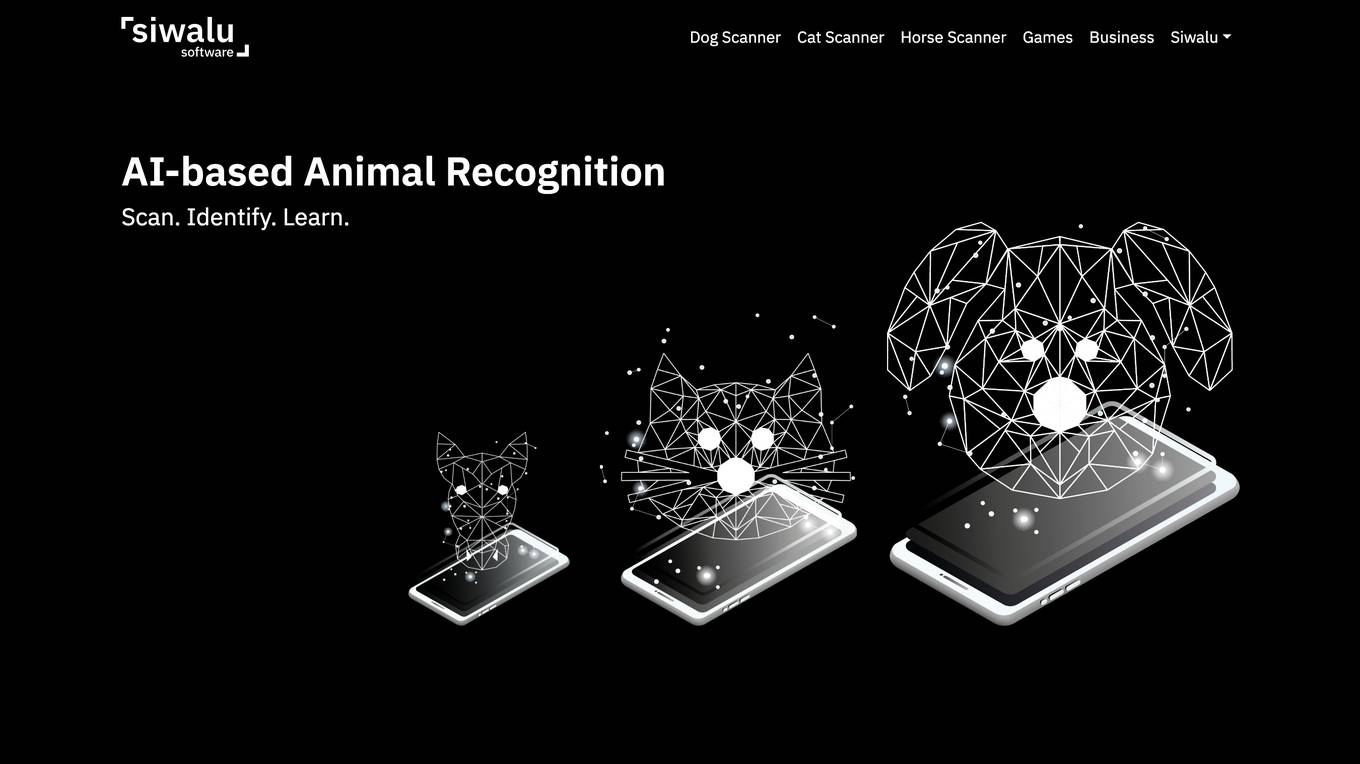
Siwalu
Siwalu is an AI-based image recognition application that specializes in identifying animals. The app helps pet owners learn more about their pets by providing specific information about their breed and characteristics. It offers a quick and reliable way to determine the breed of dogs, cats, and horses, including mixed breeds, without the need for costly DNA analysis. Siwalu aims to increase knowledge about global biodiversity by developing a universal animal recognition system.
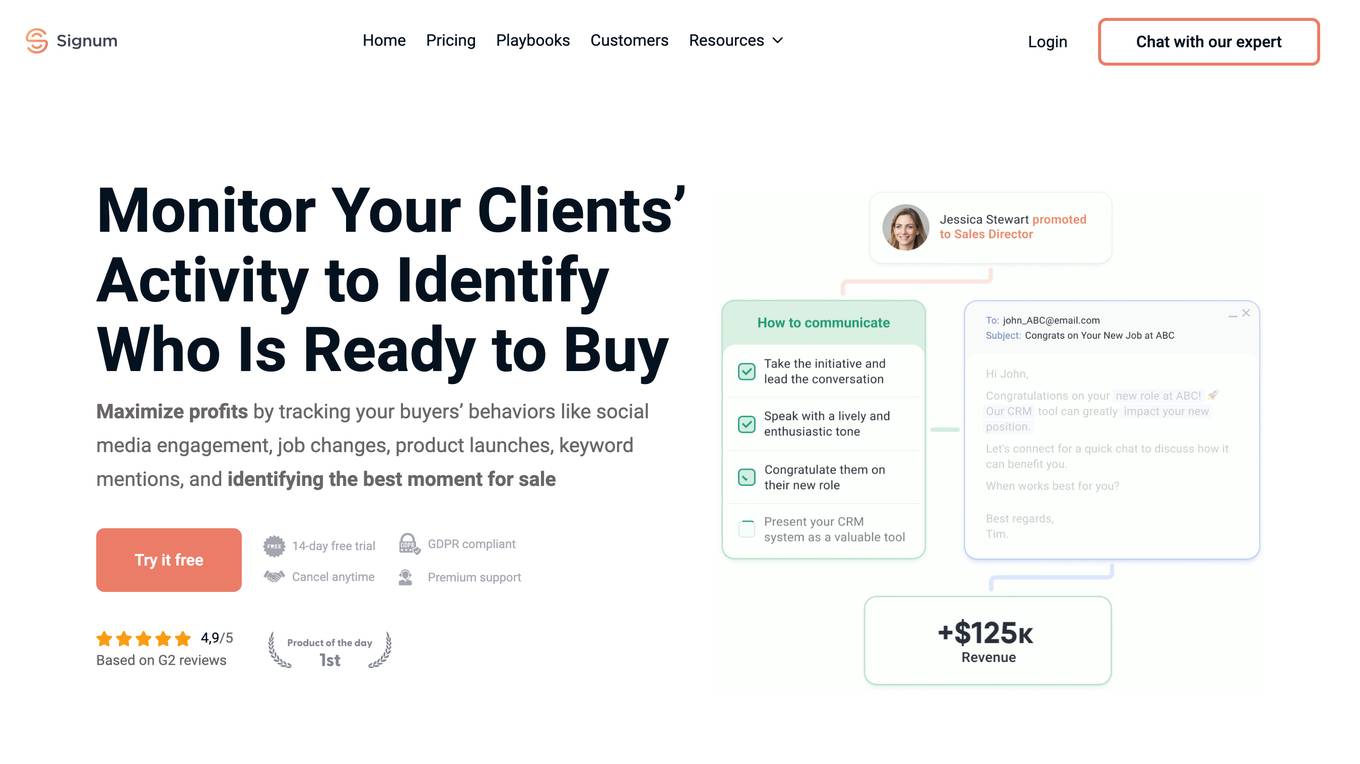
Signum.AI
Signum.AI is a sales intelligence platform that uses artificial intelligence (AI) to help businesses identify customers who are ready to buy. The platform tracks key customer behaviors, such as social media engagement, job changes, product launches, and keyword mentions, to identify the best time to reach out to them. Signum.AI also provides personalized recommendations on how to approach each customer, based on their individual needs and interests.
0 - Open Source AI Tools
20 - OpenAI Gpts
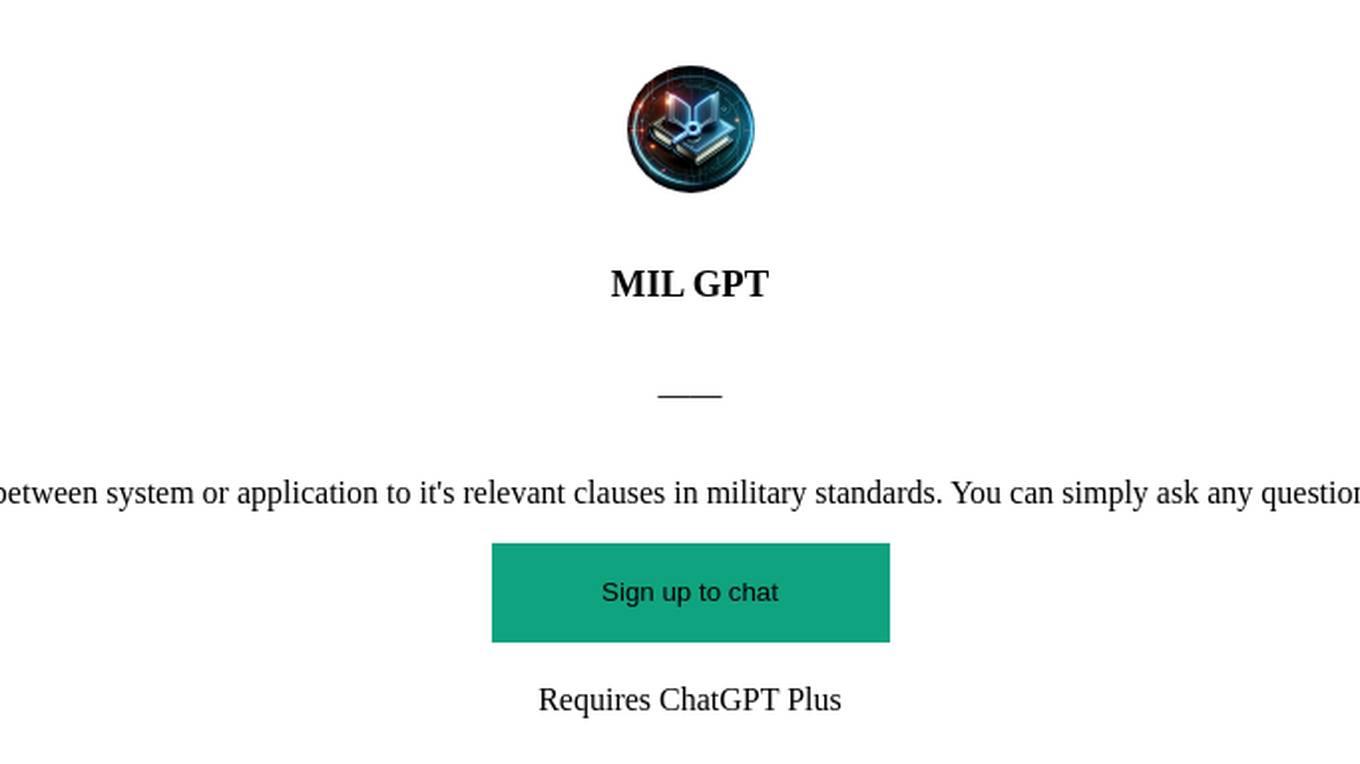
MIL GPT
This GPT matches between system or application to it's relevant clauses in military standards. You can simply ask any question or state your system
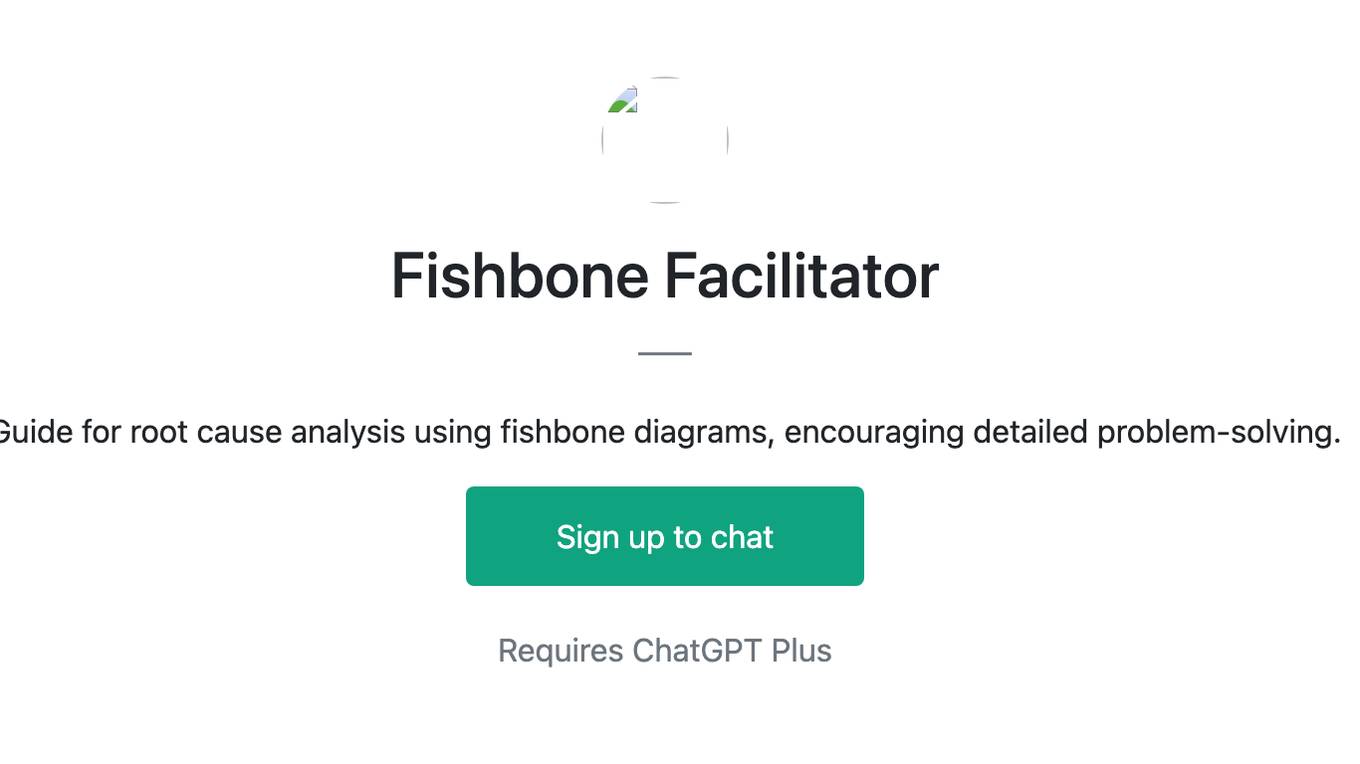
Fishbone Facilitator
Guide for root cause analysis using fishbone diagrams, encouraging detailed problem-solving.
Rash
Provides info on skin rashes, their causes, types, and remedies in an informative tone.

Identify movies, dramas, and animations by image
Just send us an image of a scene from a video work and i will guess the name of the work!
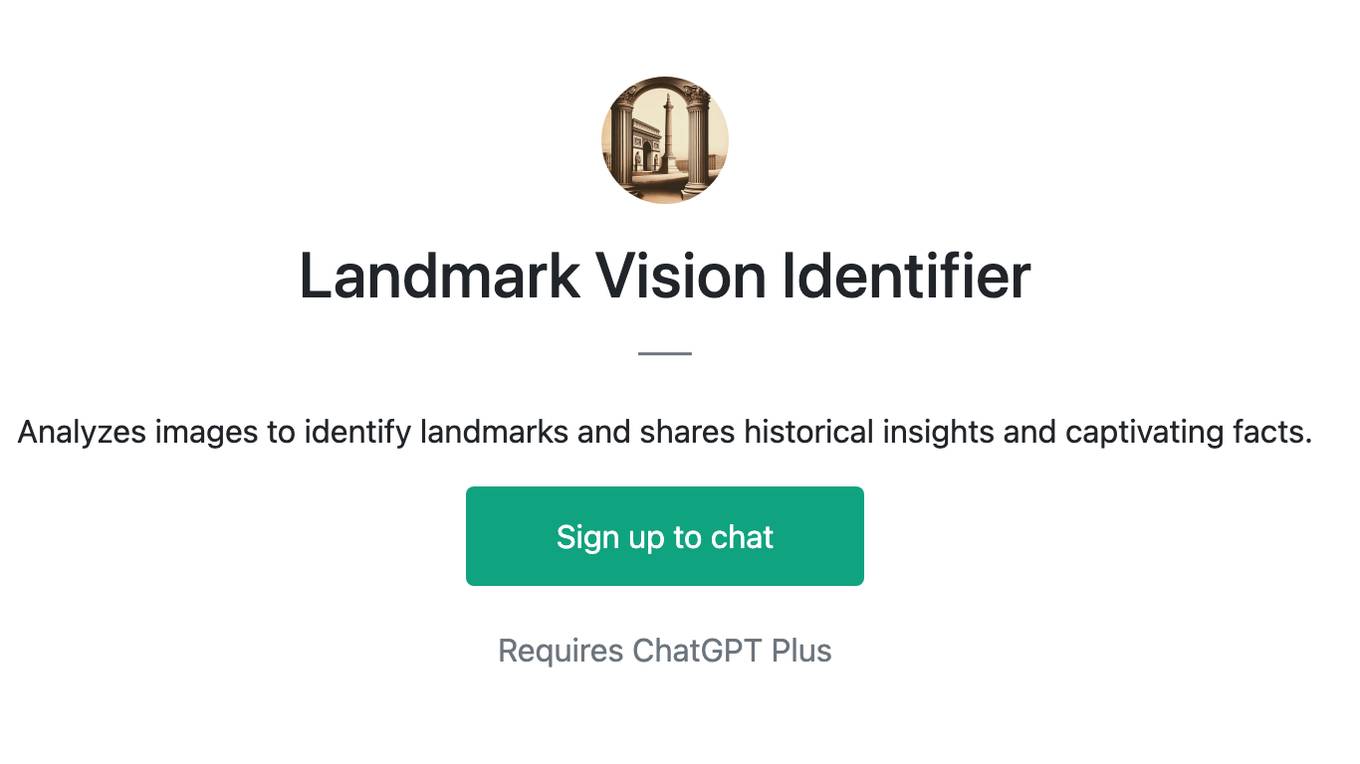
Landmark Vision Identifier
Analyzes images to identify landmarks and shares historical insights and captivating facts.

Value Pursuit GPT
Identify and clarify personal values to cultivate a strong sense of purpose and self-confidence
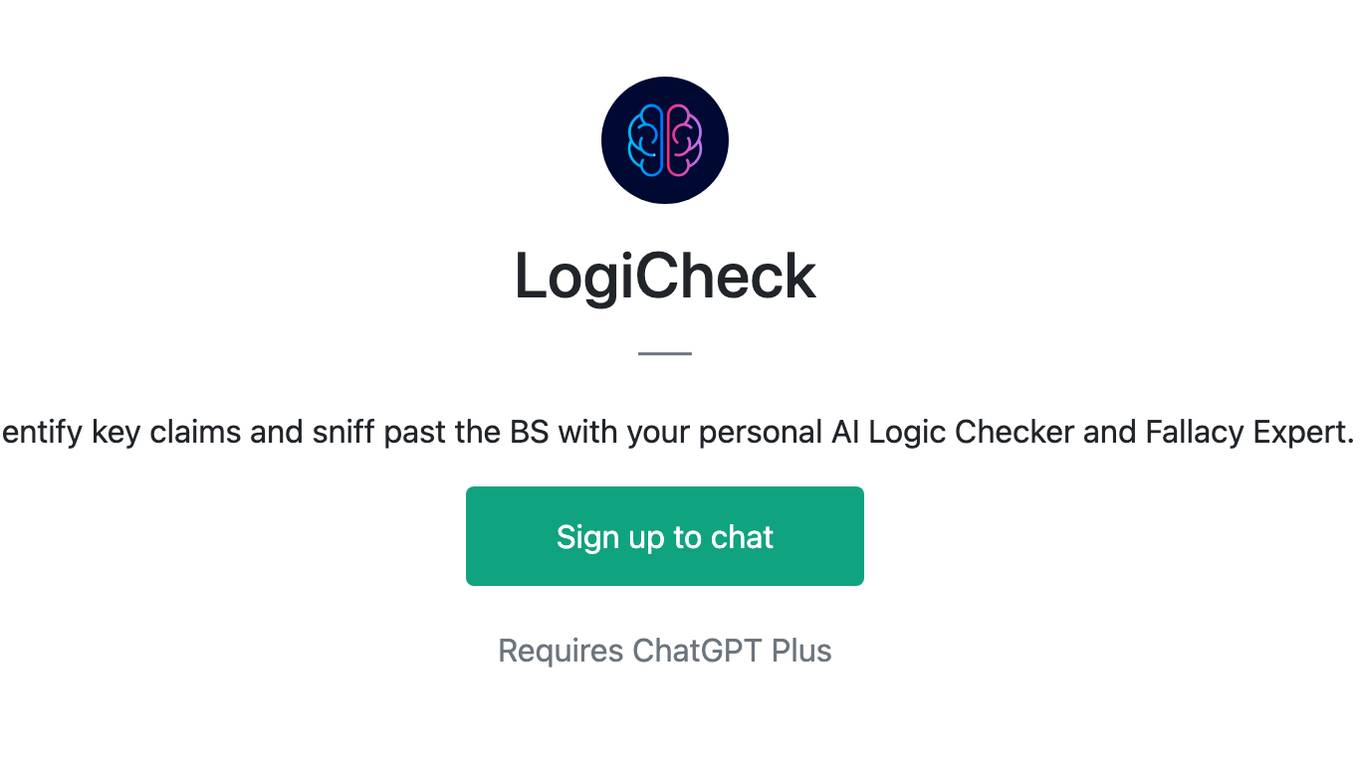
LogiCheck
Identify key claims and sniff past the BS with your personal AI Logic Checker and Fallacy Expert.

What's Wrong with My Plant?
I confidently identify plants from photos, diagnose issues, and offer advice.
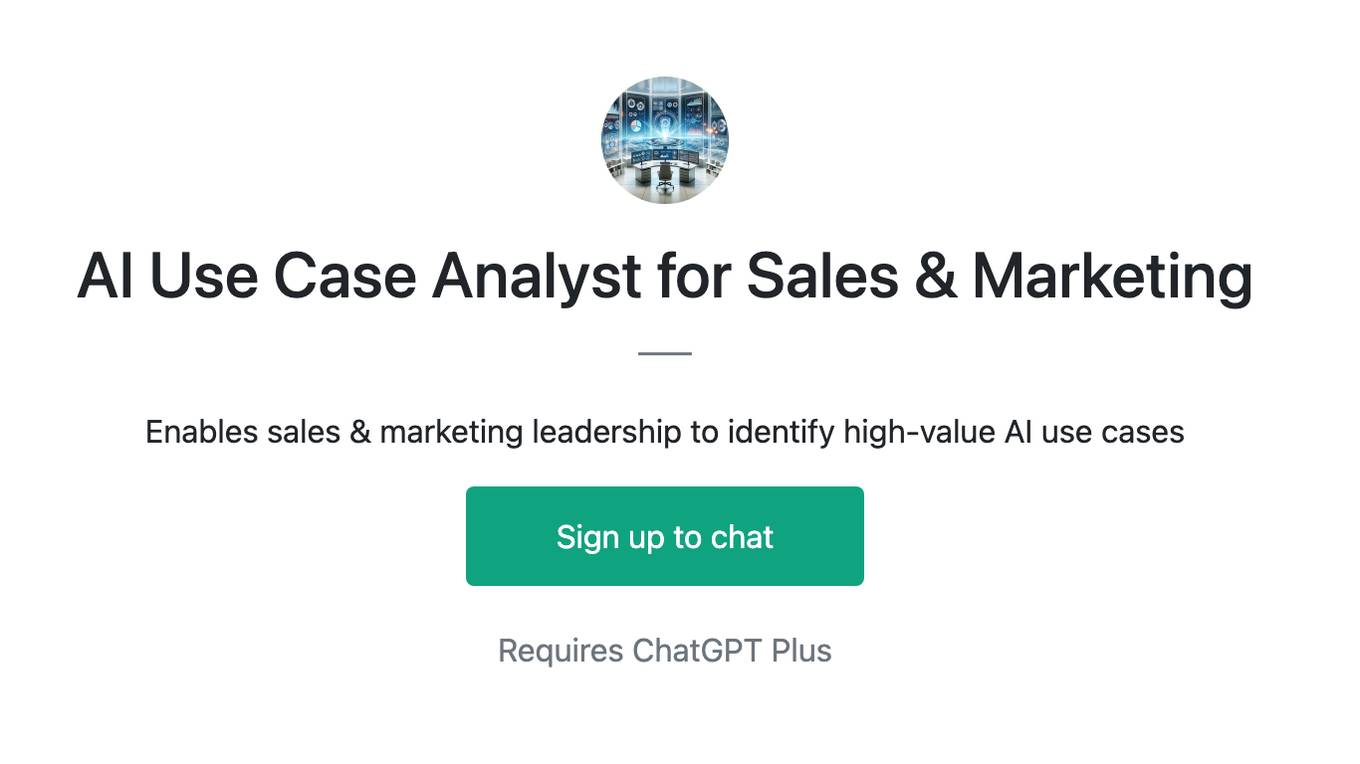
AI Use Case Analyst for Sales & Marketing
Enables sales & marketing leadership to identify high-value AI use cases
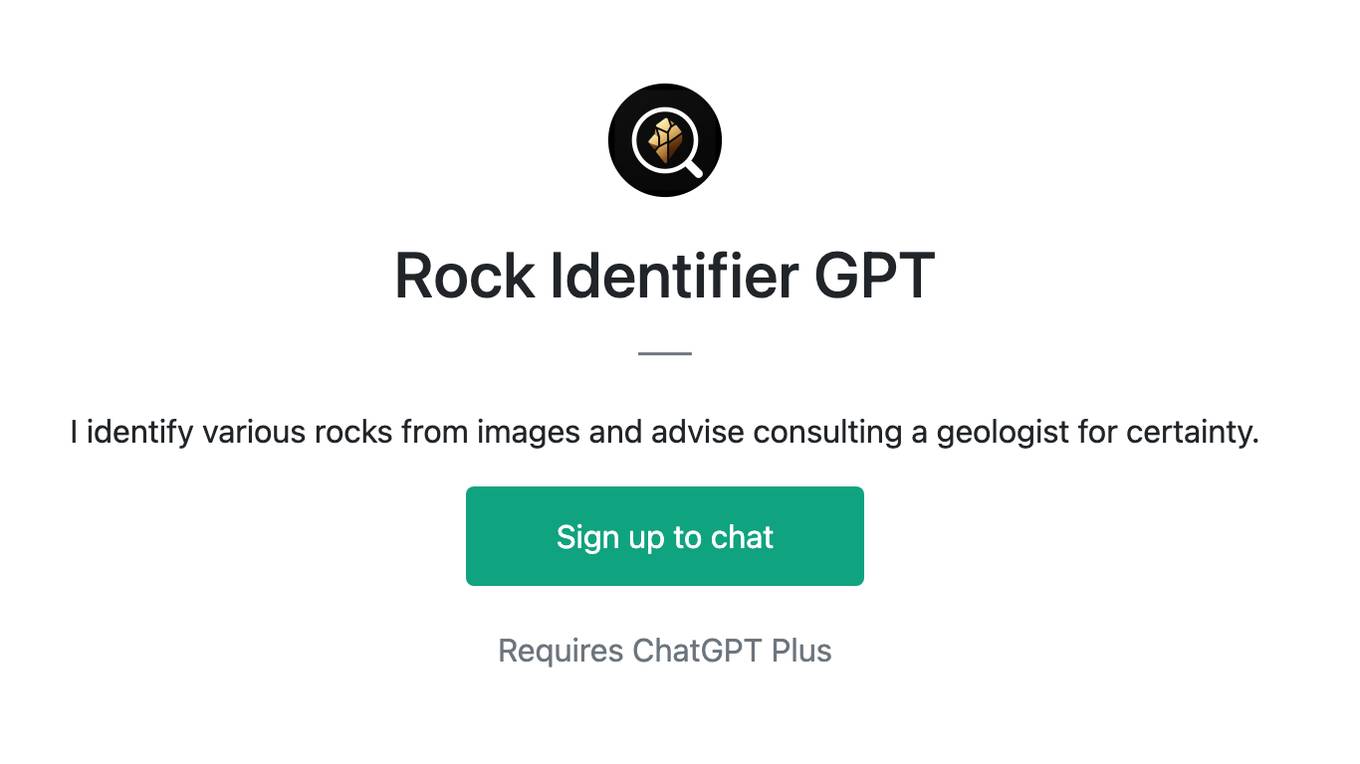
Rock Identifier GPT
I identify various rocks from images and advise consulting a geologist for certainty.
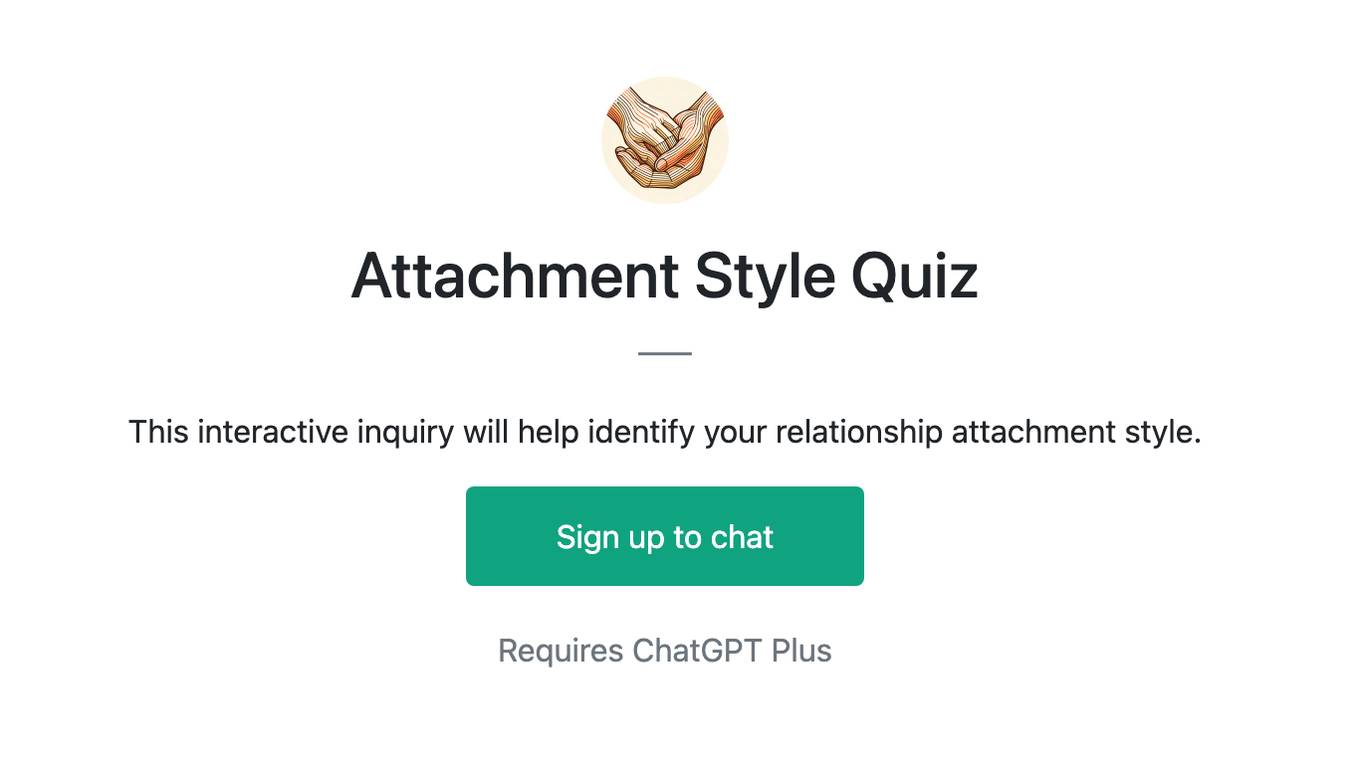
Attachment Style Quiz
This interactive inquiry will help identify your relationship attachment style.
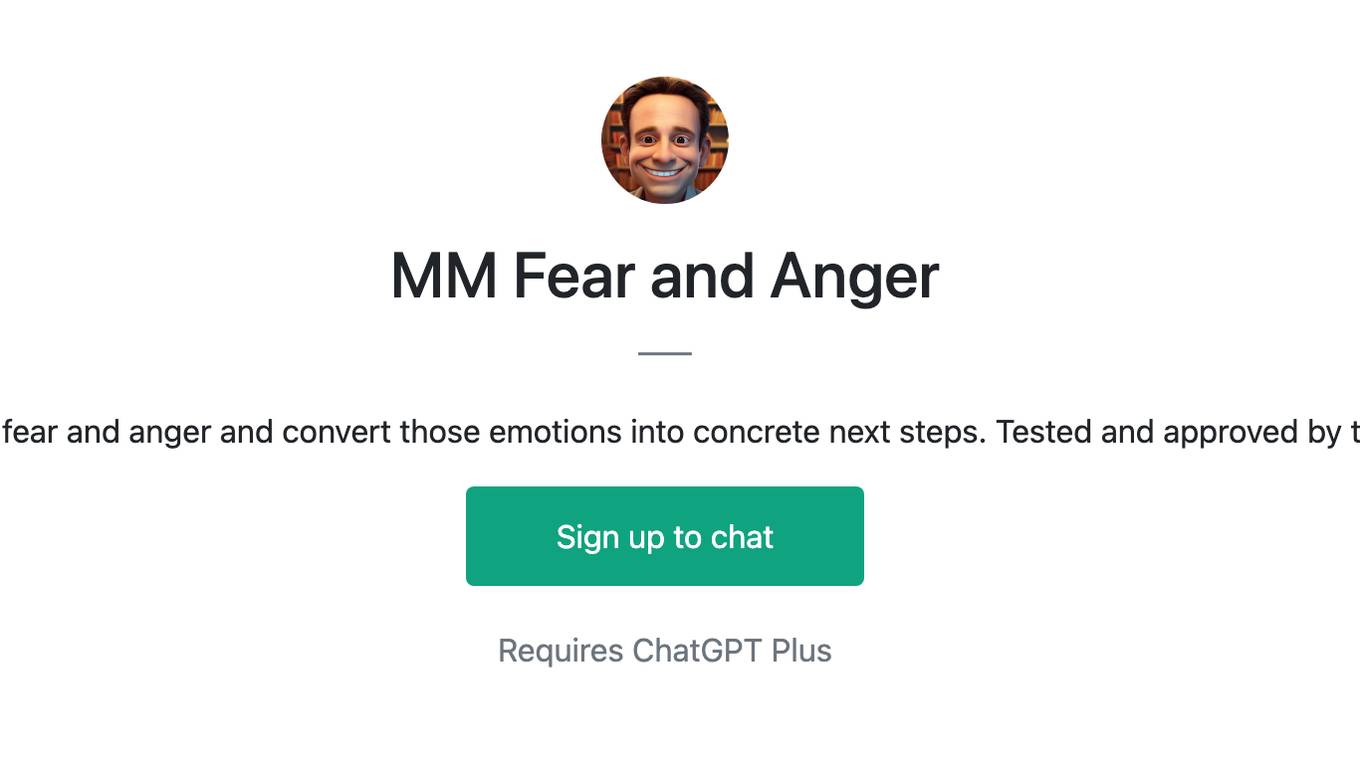
MM Fear and Anger
Identify your sources of fear and anger and convert those emotions into concrete next steps. Tested and approved by the real Matt Mochary!
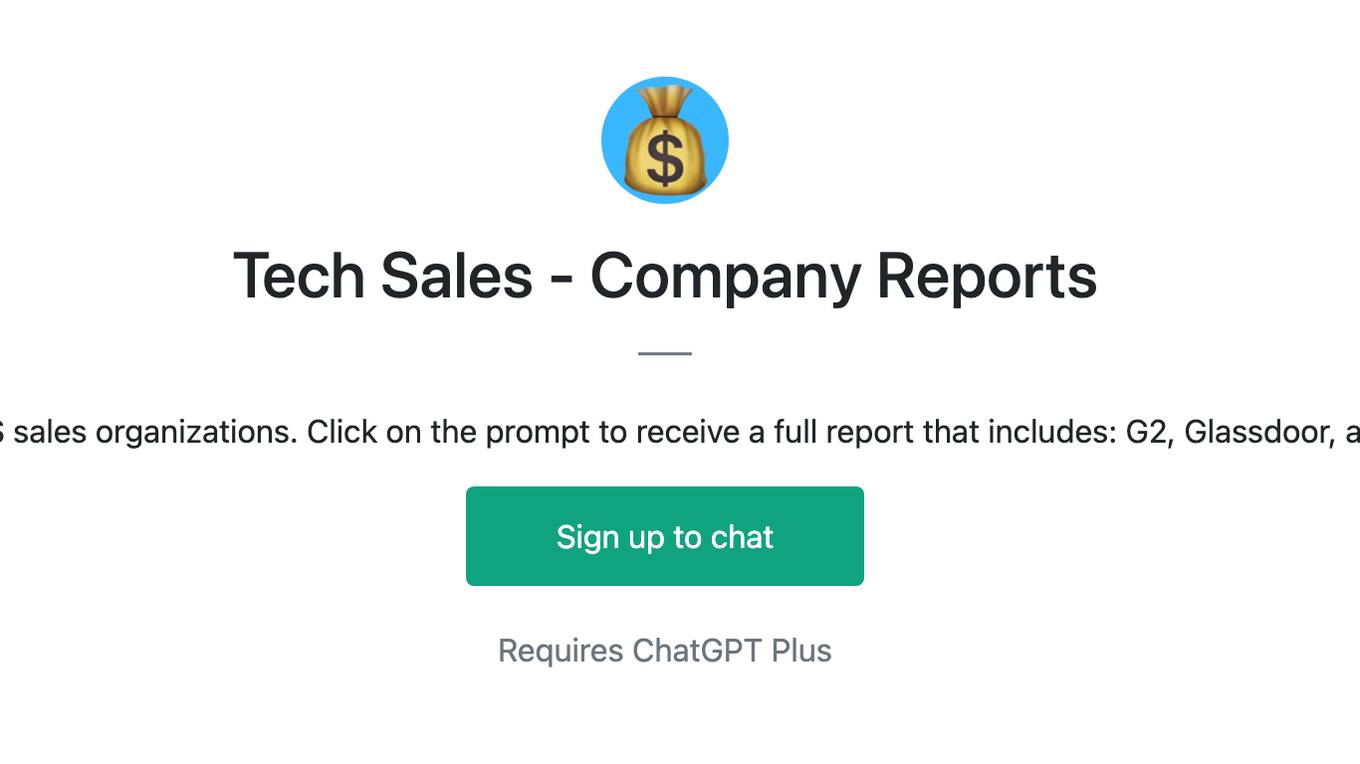
Tech Sales - Company Reports
Identify the best SaaS sales organizations. Click on the prompt to receive a full report that includes: G2, Glassdoor, and Repvue reviews.

